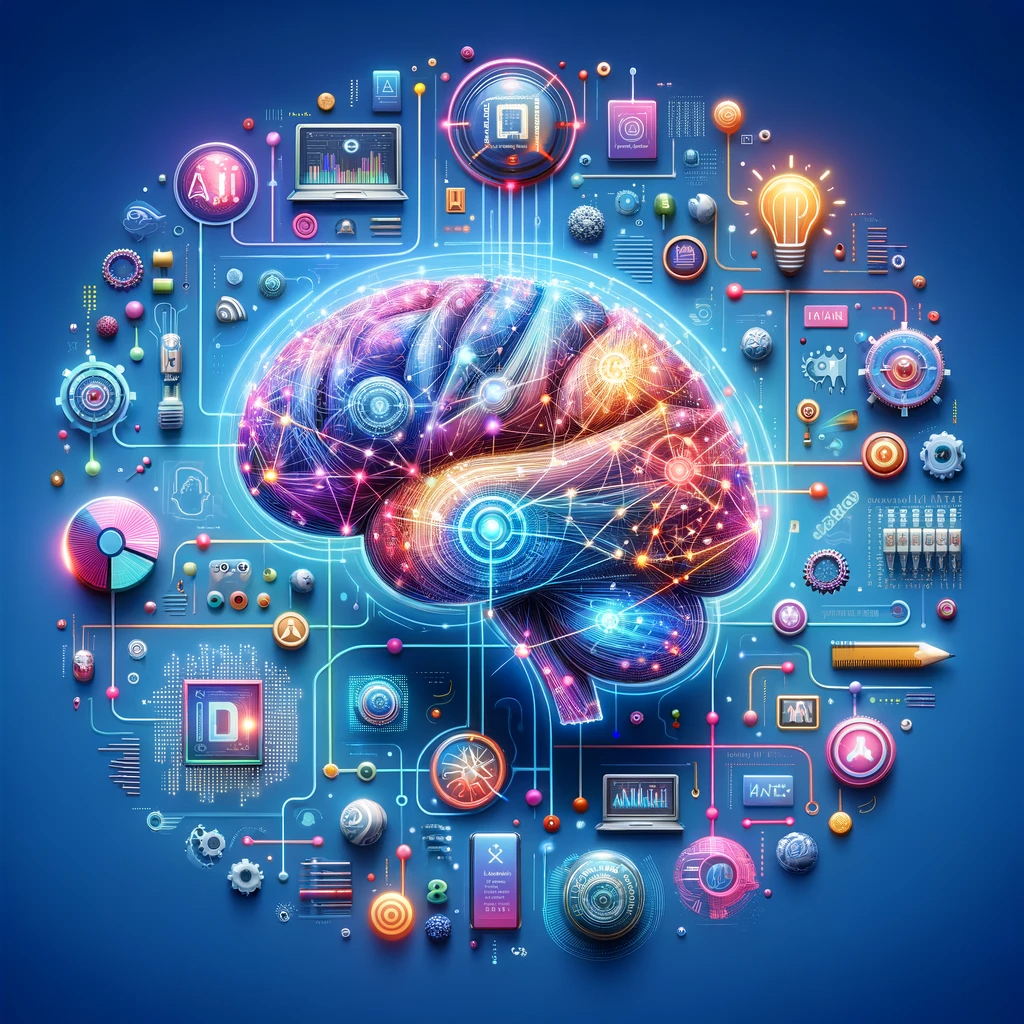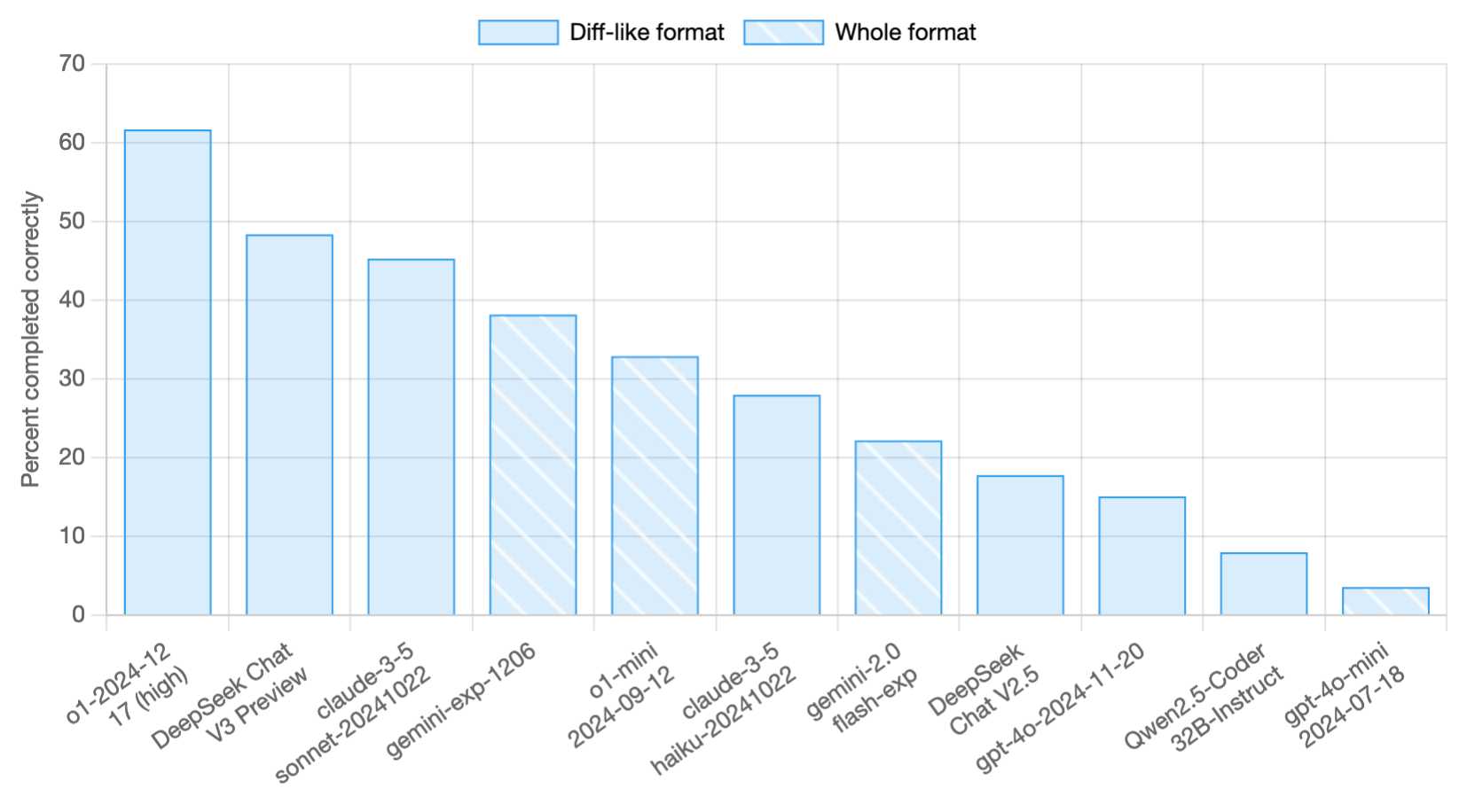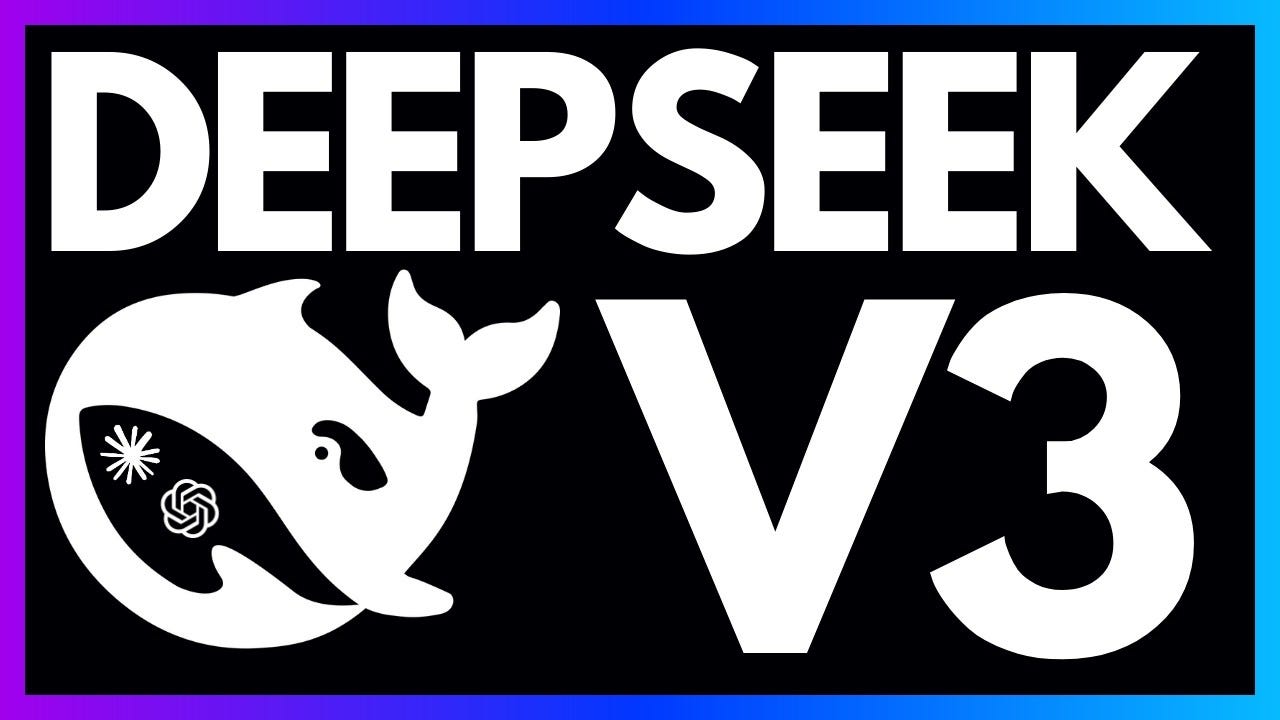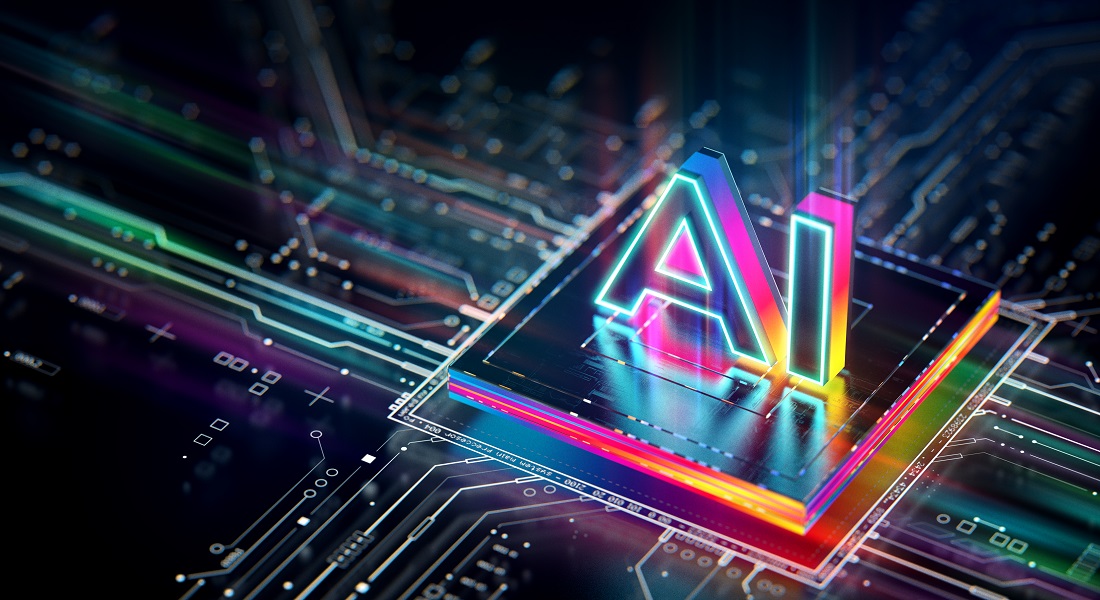
Technology is changing our world at an amazing speed! Its sweeping changes can be discovered all over and they can be explained as both thrilling, and at the very same time scary. Although people in numerous parts of the world are still attempting to come to terms with earlier technological revolutions along with their sweeping social and instructional ramifications - which are still unfolding, they have been awoken to the reality of yet another digital revolution - the AI transformation.

Artificial Intelligence (AI) technology describes the capability of a digital computer or computer-controlled robot to perform jobs that would otherwise have actually been carried out by human beings. AI systems are designed to have the intellectual procedures that characterize humans, such as the capability to factor, fishtanklive.wiki discover significance, generalize or hikvisiondb.webcam learn from past experience. With AI innovation, huge amounts of details and text can be processed far beyond any human capacity. AI can likewise be used to produce a vast variety of new content.

In the field of Education, AI technology comes with the potential to allow brand-new types of mentor, discovering and educational management. It can also enhance finding out experiences and assistance instructor jobs. However, despite its favorable potential, AI also poses significant threats to trainees, the teaching community, education systems and society at big.
What are a few of these risks? AI can reduce teaching and learning processes to computations and automated jobs in manner ins which cheapen the function and influence of instructors and deteriorate their relationships with students. It can narrow education to only that which AI can process, design and provide. AI can likewise worsen the around the world scarcity of certified teachers through disproportionate costs on technology at the expense of investment in human capacity advancement.
The use of AI in education also develops some fundamental questions about the capability of instructors to act purposefully and constructively in figuring out how and when to make sensible usage of this innovation in an effort to direct their expert growth, discover solutions to difficulties they face and enhance their practice. Such essential concerns consist of:
· What will be the role of instructors if AI technology end up being widely executed in the field of education?
· What will evaluations appear like?

· In a world where generative AI systems seem to be developing new abilities by the month, what skills, outlooks and competencies should our education system cultivate?
· What modifications will be required in schools and beyond to assist students plan and direct their future in a world where human intelligence and machine intelligence would appear to have ended up being ever more carefully linked - one supporting the other and vice versa?
· What then would be the function or role of education in a world controlled by Artificial Intelligence innovation where people will not always be the ones opening new frontiers of understanding and understanding?
All these and more are daunting concerns. They force us to seriously consider the concerns that occur relating to the implementation of AI technology in the field of education. We can no longer just ask: 'How do we get ready for an AI world?' We must go deeper: 'What should a world with AI look like?' 'What functions should this effective technology play?' 'On whose terms?' 'Who chooses?'

Teachers are the main users of AI in education, and they are anticipated to be the designers and facilitators of trainees' learning with AI, the guardians of safe and ethical practice throughout AI-rich instructional environments, and to act as good example for long-lasting finding out about AI. To presume these duties, instructors require to be supported to develop their capabilities to take advantage of the potential benefits of AI while alleviating its threats in education settings and wider society.
AI tools ought to never be designed to replace the legitimate responsibility of instructors in education. Teachers ought to stay liable for pedagogical decisions in the use of AI in mentor and in facilitating its usages by students. For wolvesbaneuo.com instructors to be accountable at the useful level, a pre-condition is that policymakers, teacher education institutions and schools assume duty for preparing and supporting instructors in the appropriate usage of AI. When introducing AI in education, legal securities should likewise be established to protect instructors' rights, and long-term monetary commitments need to be made to ensure inclusive access by teachers to technological environments and basic AI tools as vital resources for adjusting to the AI era.
A human-centered technique to AI in education is vital - an approach that promotes essential ethical and
practical principles to assist control and guide practices of all stakeholders throughout the entire life process of AI systems. Education, offered its function to safeguard as well as assist in advancement and knowing, has an unique commitment to be totally familiar with and responsive to the risks of AI - both the known threats and those only just emerging. But frequently the threats are overlooked. The usage of AI in education for that reason requires cautious factor to consider, consisting of an evaluation of the developing functions teachers require to play and the proficiencies required of teachers to make ethical and effective use of Artificial Intelligence (AI) Technology.
While AI provides opportunities to support teachers in both teaching as well as in the management of learning procedures, meaningful interactions between instructors and trainees and human thriving should remain at the center of the instructional experience. Teachers ought to not and can not be changed by technology - it is important to safeguard teachers' rights and guarantee appropriate working conditions for them in the context of the growing usage of AI in the education system, in the work environment and in society at large.








